
Allison Hill, PharmD, RPh explains how pharmacists’ accessibility and trusted relationships make them key to combatting vaccine hesitancy.

Luke Halpern is an assistant editor with Pharmacy Times. Luke wrote for Pharmacy Times in the summer of 2023, and assumed a full-time role in June 2024. His work has been featured in Pharmacy Times and the American Journal of Managed Care. He graduated from the University of Massachusetts, Amherst in May 2024.

Allison Hill, PharmD, RPh explains how pharmacists’ accessibility and trusted relationships make them key to combatting vaccine hesitancy.
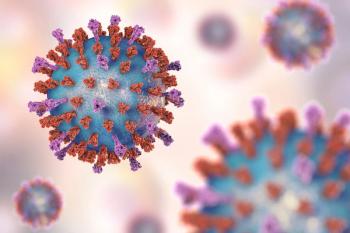
Alyssa Modic, PharmD, discusses the evolving role of pharmacists in adult immunizations and strategies to improve respiratory syncytial virus (RSV) vaccine education and uptake.

Self-medication, including the use of dietary supplements and pain relief drugs, were reported by many patients with statin-associated muscle symptoms to lower their low-density lipoprotein cholesterol (LDL-C).

Results from the phase 3 SAPPHIRE trial show significant improvements in motor function in children and adults with spinal muscular atrophy.

Allison Hill, PharmD, RPh, emphasized that pharmacists must stay updated on ACIP and state-level guidance following HHS’s changes to COVID-19 vaccine authorizations.

Patients with severe COVID-19 who tested positive for Streptococcus pneumoniae had higher mortality rates.
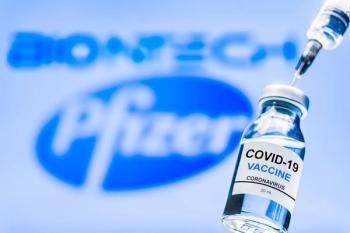
The FDA's approvals follow new COVID-19 guidance announced by the commissioner of the agency in May 2025, focusing future approvals on older adults.

Young adults who had experienced an acute myocardial infarction and lived in marginalized communities had increased risks of adverse events and reduced visits to their physician or cardiologist.
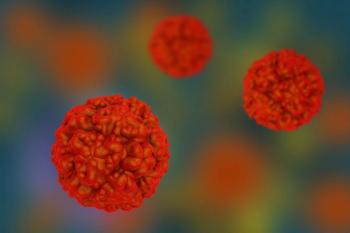
Rhinovirus infection, which causes the common cold, could offer infected children more respiratory pathway protection from SARS-CoV-2 infection.

Alyssa Modic, PharmD, explains how pharmacists can clarify pneumococcal vaccine schedules, manage coadministration decisions, and reframe vaccination conversations for patients.
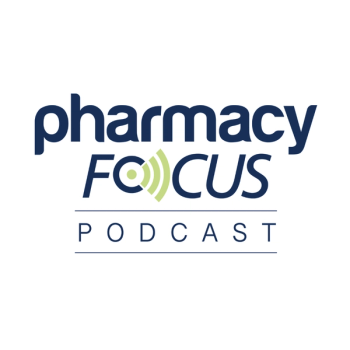
Jennifer Griffin, PharmD, MS, discusses the critical role of pharmacists in patient inhaler counseling, from when an inhaler is first prescribed to patient follow-up.

A systematic review and meta-analysis revealed key insights into lipid parameters in patients with systemic sclerosis.

Patients in an outpatient oncology unit expressed willingness to receive a pneumococcal or influenza vaccine from a pharmacist if offered.
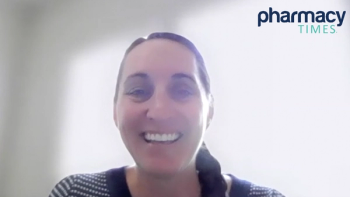
Alyssa Modic, PharmD, emphasizes the importance of evidence-based advocacy and continuous education as vaccine recommendations evolve.

Samantha Picking, PharmD, senior director of immunizations at Walgreens, shares how pharmacy teams are addressing vaccine misinformation, managing coadministration, and supporting test-to-treat services during a complex respiratory season.

High-density lipoprotein cholesterol, known for protective cardiovascular effects, could play a role in reducing the risk of stress urinary incontinence.

The implementation of nonpharmaceutical measures during the COVID-19 pandemic reduced transmission of Streptococcus pneumoniae, a key bacterium that causes pneumococcal disease.
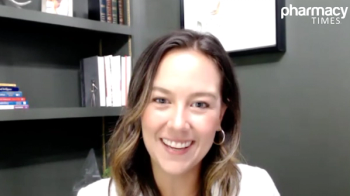
Samantha Picking, PharmD, senior director of immunizations at Walgreens, discusses staffing strategies, digital tools, and operational improvements designed to streamline flu vaccination services during the upcoming respiratory season.

The development of multisystem inflammatory syndrome in children infected with SARS-CoV-2 was associated with more marked shifts in metabolic parameters, leading to increased cardiovascular disease risk.

Enfortumab vedotin is one of many effective antibody-drug conjugates on the market that can be utilized to improve the treatment of urothelial carcinoma.

Individuals with cognitive and physical disabilities faced difficulties in health care utilization and had reduced rates of preventive cardiovascular screenings during the pandemic.

CT-155, an investigational prescription digital therapeutic, was found to improve motivation, sociality, and other negative symptoms in patients with schizophrenia as an adjunct to antipsychotic treatment.

In children and adolescents with overweight and obesity, exercise was demonstrated to reduce risk factors associated with cardiovascular disease, such as lipid and triglyceride levels.

By improving low-density lipoprotein cholesterol (LDL-C) levels, statins reduced complications after pipeline embolization device implantation for intracranial aneurysms.

In a phase 3 trial, V116 demonstrated significant immunogenicity in older adults who had not before received a pneumococcal vaccination.

Individuals who have survived childhood cancer had a higher risk of developing a severe COVID-19 infection, while exhibiting a lower risk of contracting the virus.

Multiple FDA-approved drugs without lipid-lowering indications were identified to have potential lipid-lowering properties.

Older adults in the United States continue to be burdened with disproportionate rates of community-acquired pneumonia hospitalizations, including due to serotypes covered in the recently approved V116 vaccine.

Designed for use in Celiac disease, larazotide was found to hasten resolution of multisystem inflammatory syndrome symptoms in children with the condition.

Inclisiran was found to have a lower risk of new-onset diabetes compared with other low-density lipoprotein cholesterol (LDL-C)-lowering therapies.